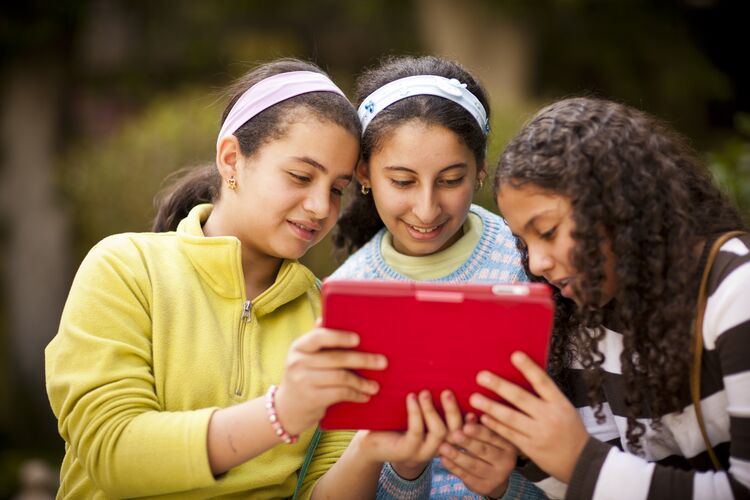
For some, and educationalists are usually among them, web 2.0 is defined by the intense social interactivity now so common in online environments and by the ever expanding network of sites that focus on collaboration, participation and connection between users.
It is this idea of the web as a new source of social interaction that is at the root of most enthusiastic teachers' ideas about the importance of web 2.0 for education. Blogs, wikis, podcasting and multimedia sharing platforms are the services most often pointed to as being typical of web 2.0 and all are being used, adapted and incorporated into ELT to foster social and linguistic interaction both inside and outside of the classroom.
Further links:
https://www.teachingenglish.org.uk/blogs/shelly-terrell/learning-beyond-walls-wikis-skype-global-projects-guest-post
https://www.teachingenglish.org.uk/blogs/nikpeachey/wikis-collaborative-writing-projects
https://www.teachingenglish.org.uk/article/podcasting-elt
https://www.teachingenglish.org.uk/article/blogging-elt
https://www.teachingenglish.org.uk/article/sandy-millin-professional-development-through-blogs-blogging